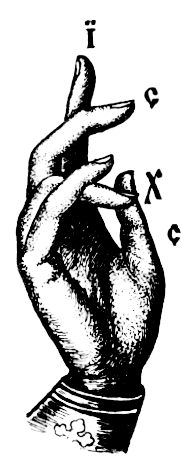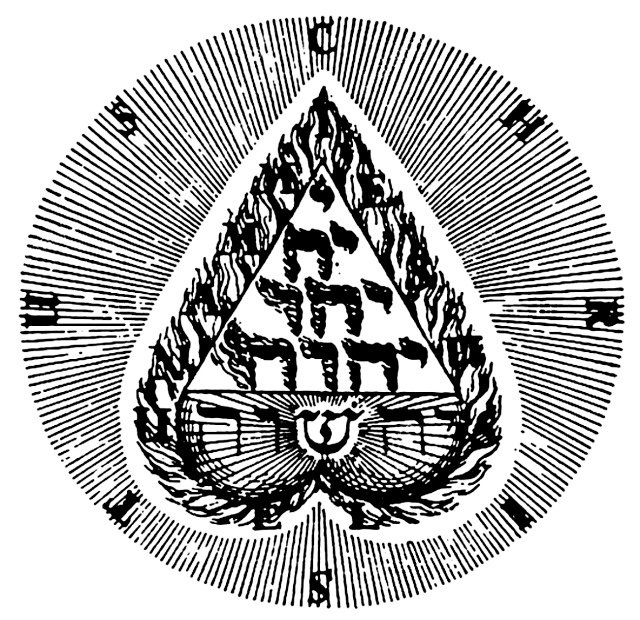Josephus Speaks of Jesus
- טימותי לורנס
- Aug 14, 2022
- 5 min read
Updated: Dec 8, 2022

For someone to say that there is no historical reference to Jesus Christ anywhere outside of The New Testament is a statement of pure ignorance. He was indeed mentioned twice by Jewish Historian Josephus in his most famous work, “The Antiquities of the Jews”, written in 93 A.D.
The Romans of the day would not have looked at Yeshua is anything more than a common criminal, so there is no wonder that they would not have recorded anything about Him. Of course, since Yeshua was rejected by His Own People, it's no surprise that they would not have written about Him either. From a historical point of view, the fact we have these two short mentions of Jesus in Antiquities is that much more important. Even though there is some controversy that one of them was altered and added to later by early Christians, Josephus still records Jesus, His Movement and His Disciples.

Flavius Josephus, original name Joseph Ben Matthias, who lived from 37/38-100 A.D, was born in Jerusalem in and died in Rome. He was said to be a Jewish priest, and is a widely accepted scholar and historian. Josephus wrote valuable works on the Jewish revolt of 66–70 and on earlier Jewish history. His major books are "History of the Jewish War" (75–79 A.D.), "The Antiquities of the Jews" (93 A.D.), and "Against Apion".
His greatest work, "Antiquitates Judaicae" ("The Antiquities of the Jews"), completed in 20 books in 93 A.D., documents the history of the Jewish People from creation to the outbreak of the revolt in 66–70 A.D. According to the Enclyclopedia Brittanica, "It was an attempt to present Judaism to the Hellenistic world in a favorable light. By virtually ignoring the Prophets, by embellishing biblical narratives, and by stressing the rationality of Judaic laws and institutions, he stripped Judaism of its fanaticism and made it appealing to the cultivated and reasonable man. Historically, the coverage is patchy and shows the fatigue of the author, then in his middle 50s. But throughout, sources are preserved that otherwise would have been lost, and, for Jewish history during the period of the Second Commonwealth, the work is invaluable." Antiquities contains two famous references to Jesus Christ, which of course, are fiercely debated by scholars to this day.
Here are the mentions of Jesus, written by the Famous Jewish Historian, Flavius Josephus, from “The Antiquities of the Jews”, written in 93 A.D.

A XVIII,63
"At this time there was a wise man called Jesus, and his conduct was good, and he was known to be virtuous. Many people among the Jews and the other nations became his disciples. Pilate condemned him to be crucified and to die. But those who had become his disciples did not abandon his discipleship. They reported that he had appeared to them three days after his crucifixion and that he was alive. Accordingly, he was perhaps the Messiah, concerning whom the prophets have reported wonders. And the tribe of the Christians, so named after him, has not disappeared to this day.*"
*This, the most famous passage in Josephus, is also the most controversial. The above quotation is generally accepted by most scholars to be the original unaltered text, as was written by Josephus.
The standard text of Antiquities XVIII, 63 reads as follows:
“About this time lived Jesus, a wise man, if indeed one ought to call him a man. For he was the achiever of extraordinary deeds and was a teacher of those who accept the truth gladly. He won over many Jews and many of the Greeks. He was the Messiah. When he was indicted by the principal men among us and Pilate condemned him to be crucified, those who had come to love him originally did not cease to do so; for he appeared to them on the third day restored to life, as the prophets of the Deity had foretold these and countless other marvelous things about him. And the tribe of Christians, so named after him, has not disappeared to this day.”
Although the passage is so worded as early as Eusebius (c. A.D. 324), scholars have long suspected a Christian interpolation, since Josephus would not have believed Jesus to be the Messiah or in his resurrection and have remained, as he did, a non-Christian Jew. In 1972, however, Professor Schlomo Pines of the Hebrew University in Jerusalem announced his discovery of an Arabic manuscript by the tenth-century Melkite historian Agapius, in which this Josephan passage is expressed in a manner appropriate to a Jew, and which corresponds so precisely to previous scholarly projections of what Josephus originally wrote that it is substituted in the text above. While the final sentence is not in Agapius, Pines justifiably concludes that it was in the original Josephan text.

Josephus Speaks of The Martyrdom of James, The Bother of Jesus
A XX,197
WII,272
Upon Festus' death, Caesar sent Albinus to Judea as procurator. But before he arrived, King Agrippa had appointed Ananus to the priesthood, who was the son of the elder Ananus.* This elder Ananus, after he himself had been high priest, had five sons, all of whom achieved that office, which was unparalleled. The younger Ananus, however, was rash and followed the Sadducees, who are heartless when they sit in judgment. Ananus thought that with Festus dead and Albinus still on the way, he would have his opportunity. Convening the judges of the Sanhedrin, he brought before them a man named James, the brother of Jesus who was called the Christ, and certain others. He accused them of having transgressed the law, and condemned them to be stoned to death.
*"Ananus" is "Annas" mentioned in the following verses from The New Testament:
“So the band of soldiers and their captain and the officers of the Jews arrested Jesus and bound him.
First they led him to Annas, for he was the father-in-law of Caiaphas, who was high priest that year.” - John 18:12-13
“Jesus answered him, “If what I said is wrong, bear witness about the wrong; but if what I said is right, why do you strike me?”
Annas then sent him bound to Caiaphas the high priest.” - John 18:23-24
“In the fifteenth year of the reign of Tiberius Caesar, Pontius Pilate being governor of Judea, and Herod being tetrarch of Galilee, and his brother Philip tetrarch of the region of Ituraea and Trachonitis, and Lysanias tetrarch of Abilene,
Annas and Caiaphas being the high priests, the word of God came unto John the son of Zacharias in the wilderness.” - Luke 3:1-2
“with Annas the high priest and Caiaphas and John and Alexander, and all who were of the high-priestly family.” - Acts 4:6
I took this information from the book, "Josephus - The Essential Writings", which has been a favorite in my collection for years. It is pretty much a very condensed version of "The Antiquities of the Jews" and "History of the Jewish War". I highly recommend this book to anyone who is looking for a better understanding of the world that Yeshua lived in. It can be easily obtained and is not very expensive. The way that Josephus goes through the stories of the Old Testament are very concise and have helped me understand the general overview of a lot of Old Testament scripture as well.


חסד ושלום עליכם והרבה אהבה וברכות
May Grace and Peace Be Upon You and Much Love and Blessings!

















Good points and thank you!